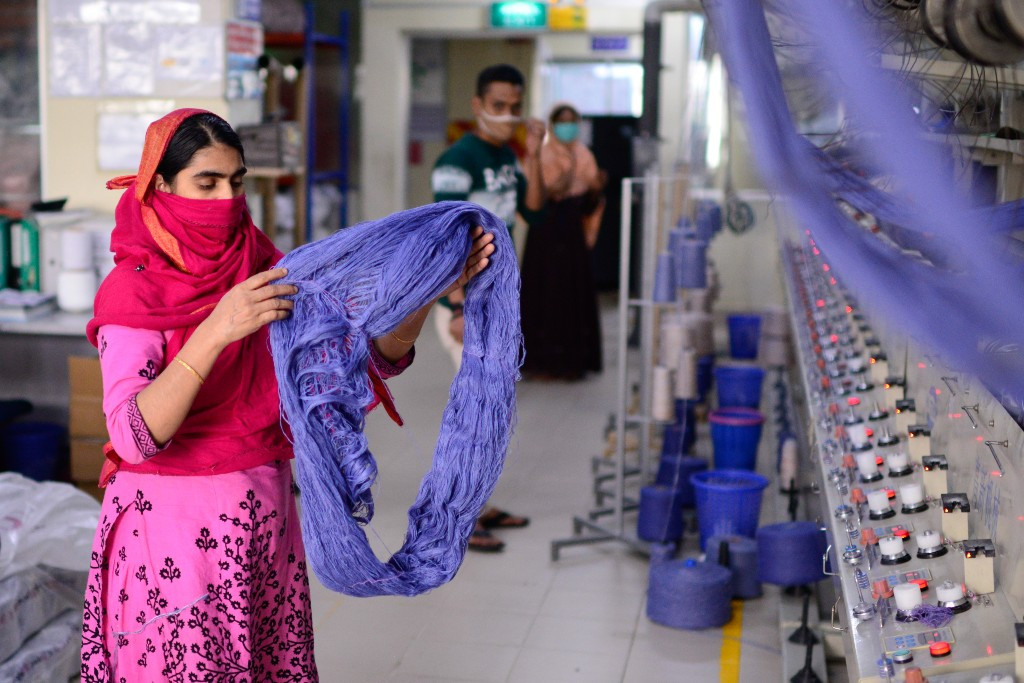Bangladesh further solidified its position as a global industry leader in safe and environmentally friendly readymade garment (RMG) manufacturing units with the US Green Building Council’s (USGBC) approval of another new production unit for leadership in energy and environmental design (Leed) certification.
On February 1, Chittagong-based KDS IDR Ltd received a platinum certificate from the USGBC for the Leed O+M: Existing Buildings 4.1 rating system with a score of 84.

So far, 187 factories in the country’s garment industry presently have the Leed certification, according to the Bangladesh Garment Manufacturers and Exporters Association (BGMEA).
Moreover, four factory units have already achieved Leed certification in 2023.
In 2022, a total of 30 factory units received Leed certification, the highest in a year.
Currently, the RMG sector of Bangladesh has consolidated its position in green manufacturing units with 63 in the platinum category, 110 in gold, 10 in silver and another 4 Leed-certified factory buildings.
An additional 550 factories are either registered or in the pipeline for USGBC’s Leed certification, reported the apex body of the apparel sector.
Among top 100 green factory units, 50 are from Bangladesh and among top 10, 8 are from Bangladesh, BGMEA official said.
On top of the obvious safety and environmental benefits, these green factories help significantly reduce operational costs over time even though they may initially cost more to set up, according to industry insiders.
As factory owners are required to adhere to specific criteria for the construction of the buildings, these factories also provide a safe working environment for employees.
Experts said that Bangladesh’s garment industry is now poised to take the lead globally by addressing mounting issues of sustainability, climate change, groundwater depletion and efficiency.
The growing number of green apparel factories will give Bangladesh a vantage ground to cope with EU green deals and due diligence directives stated by both the experts and the businesses.
Talking to Dhaka Tribune, Mohiuddin Rubel, director of BGMEA, said that as the entrepreneurs understood the need of green factories long ago, the result of which is this revolution in the green sector.
“Sustainable and green factories are the future. It is a matter of pride that 50 of the top 100 factories are in Bangladesh which is the result of the efforts of the entrepreneurs, government, and banks,” he added.
The future apparel industry is really value based, whoever can add more value will be ahead of their competitors and the green factories are undoubtedly a great addition.
“Moreover, the green factories also express the responsibility towards the environment and future generations,” he added.
In terms of value addition and competitiveness, green factories will always keep Bangladesh ahead of its major competitors, he said.
According to apparel manufacturers, the move towards green factory buildings helped regain Bangladesh’s image after the Rana Plaza tragedy, which claimed 1,134 lives and left more than 2,000 injured in 2013.
















